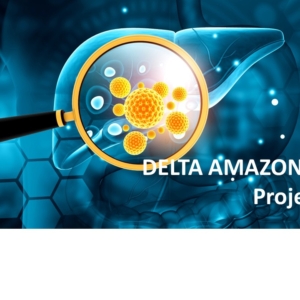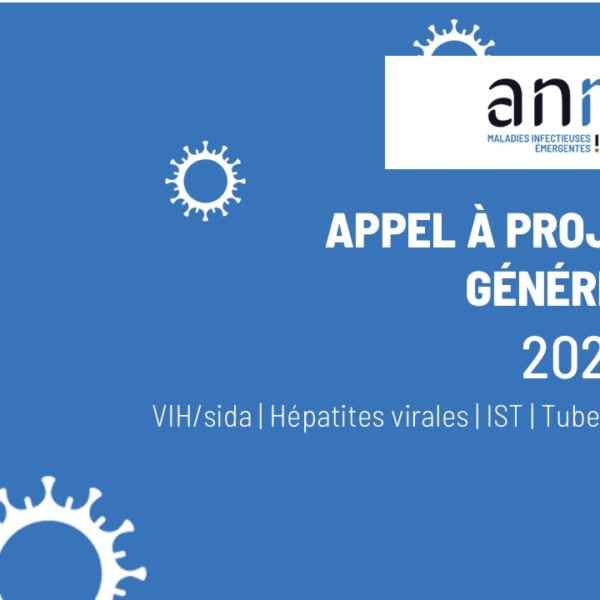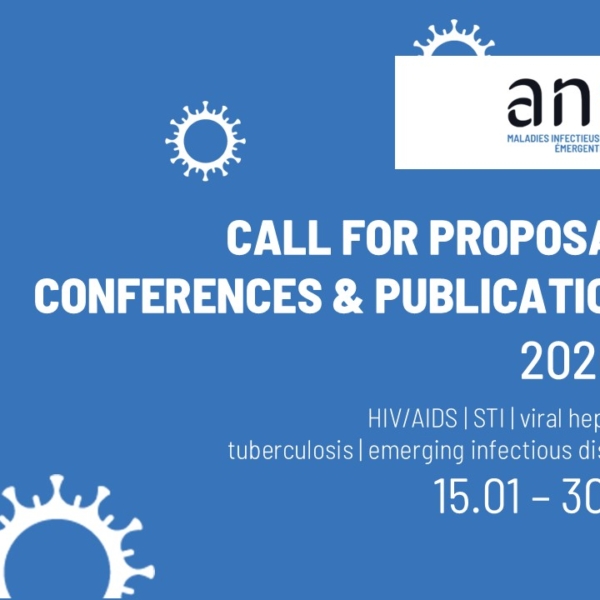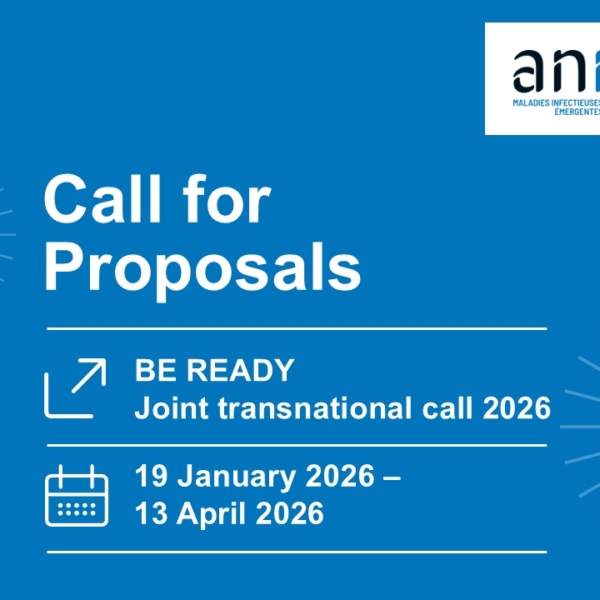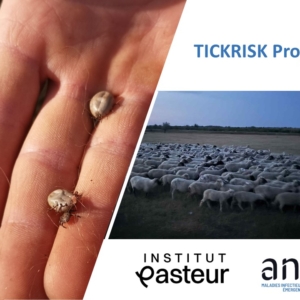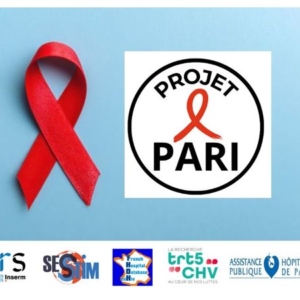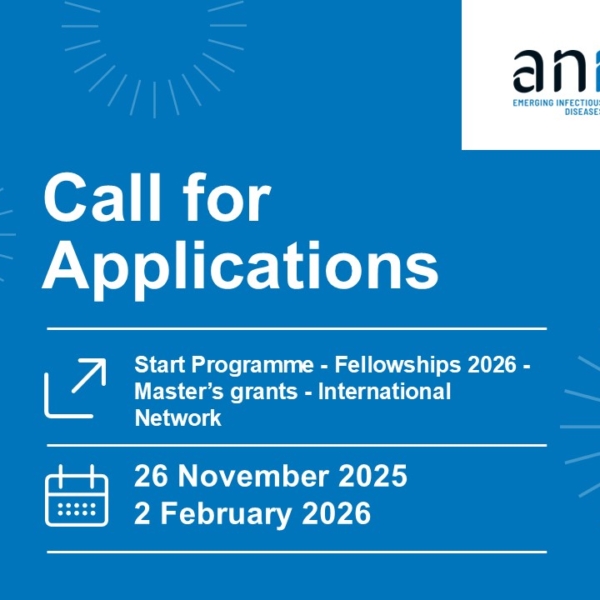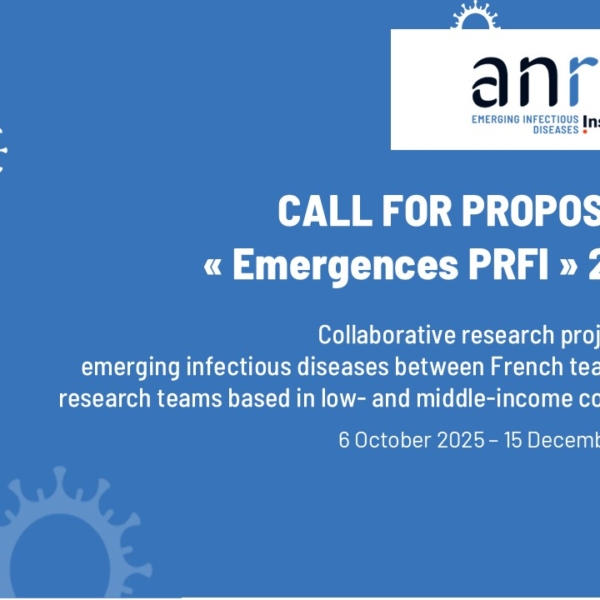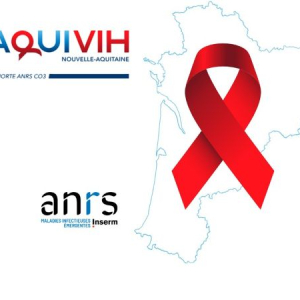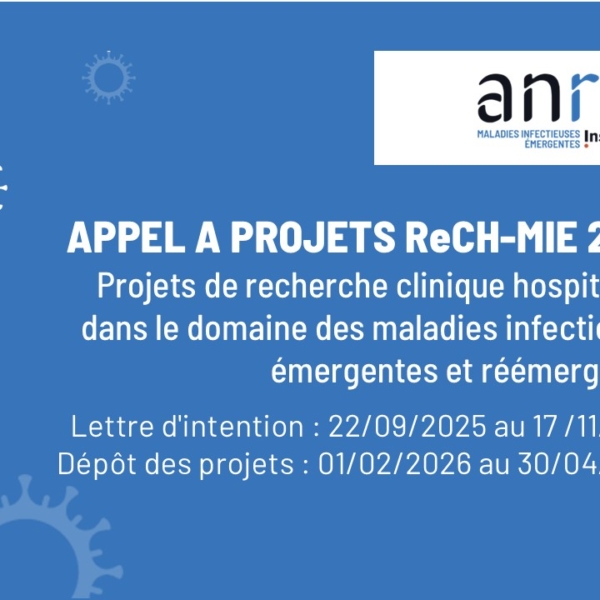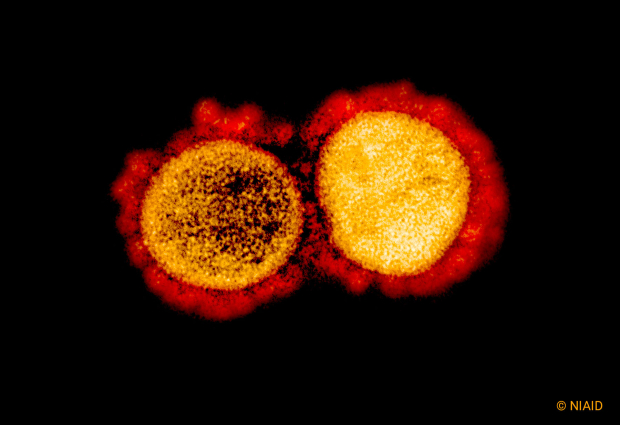
Covid-19 Outbreak Response Unit
Status: suspended (July 2022) - level 3
Last updated on 05 February 2026
The essential
From the start of the Covid-19 epidemic, the REACTing consortium followed by ANRS Emerging Infectious Diseases (ANRS MIE) played a role of facilitating, evaluating, coordinating and funding French research in the field by:
- setting up a Covid-19 Scientific Advisory Board,
- acting as secretariat for the national CAPNET system,
- conducting a bibliographic watch on Covid-19 and disseminating its results,
- steering projets.

Follow the latest scientific news on the subject!
ANRS MIE provides a weekly-updated review of the scientific literature on Covid-19 to help the scientific community, healthcare workers and decision-makers to better understand the evolution of the epidemic and fight misinformation.
CAPNET
In 2020, the first wave of the Covid-19 epidemic saw a growing research momentum and the initiation of multiple studies involving large numbers of prospective patients. Faced with this context, the Ministry of Higher Education, Research and Innovation and the Ministry of Solidarity and Health together with the REACTing consortium followed by ANRS MIE wanted to improve coordination of this research and introduce a regulatory system to prioritise and thus accelerate high-potential studies: the CAPNET system.
The system was based on:
- The establishment of a Covid-19 Scientific Advisory Board for REACTing – and then for ANRS MIE from 1 January 2021 – to define the changing research priorities and conduct the scientific and methodological evaluation of projects seeking national research priority status.
- The establishment of an ad hoc national steering committee for therapeutic trials and other Covid-19 research (CAPNET Committee) – a consultative body of various stakeholders in research involving human subjects (RIPH), tasked with regulating vaccine studies, clinical studies (RIPH categories 1, 2, 3 and non-RIPH) and preclinical studies on Covid-19 in order to accelerate those that address national priorities and show the most promise. ANRS MIE acted as secretariat for CAPNET.
- The creation of national research priority (PNR) status attributed by the CAPNET Committee to project submissions on the basis of scientific and methodological evaluation by the ANRS MIE Covid-19 Scientific Advisory Board. Such status enabled exclusive access to: a) an expedited procedure for evaluating applications for regulatory approval (ethics committee, National Agency for Medicines and Health Products Safety (ANSM)), b) specific added value for patient enrolments via the Information System for the Management of Research and Clinical Trials (SIGREC) and c) potential funding.
With the end of the state of health emergency announced by the French government, CAPNET was placed on standby on 31 July 2022. All in all, more than 250 projects had been examined by the ANRS MIE Covid-19 Scientific Advisory Board and CAPNET, leading to PNR status for 110 studies representing funding of over €80 million.
Call for proposals on Long Covid
ANRS MIE launched a call for proposals on Long Covid in collaboration with the Foundation for Medical Research (FRM) and with the support of the Ministries of Higher Education, Research and Innovation and Solidarity and Health via CAPNET.
This call was divided into two parts:
- Long Covid 2022-1 call for proposals: closed on 1 December 2021 (see results).
- Long COVID 2022-2 call for proposals: open from 15 February to 31 March 2022 (see results).
Steering of projects
- Funded by the French Development Agency (AFD), the aim of the APHRO-CoV project was to strengthen the capacities of hospitals in five African countries (Burkina Faso, Côte d’Ivoire, Gabon, Mali and Senegal).
- Coordinated by Santé publique France and ANRS MIE, le projet EMERGEN deploys a genomic surveillance system for viral – and, in the longer term, bacterial, fungal and parasitic – infections to support and supplement the epidemiological and microbiological surveillance already in place.
- Coordinated by ANRS MIE, in partnership with the French National Research Institute for Sustainable Development (IRD) and Institut Pasteur, and with funding from AFD, the aims of AFROSCREEN are to strengthen the sequencing and bioinformatics capacities of laboratories, and monitor the evolution of SARS-CoV-2 and other emerging pathogens through integration into the national system of 13 African countries. Over the long term, the programme will consolidate technological platforms by constructing a sustainable network to monitor emerging pathogens in Africa, thereby addressing the One Health – Global Health challenges.

